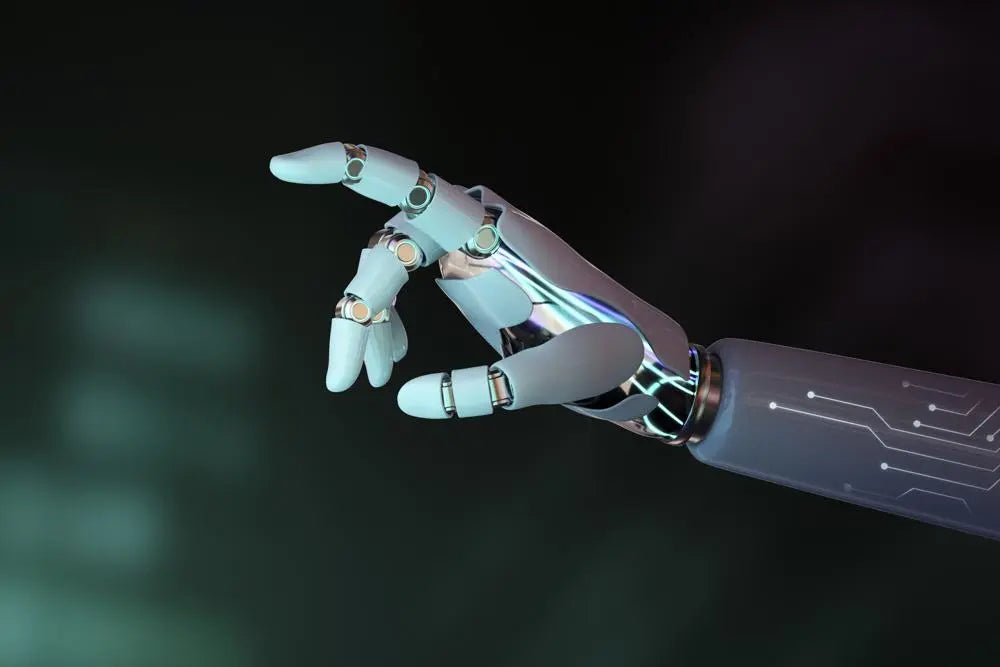The mortgage application process has traditionally been a tedious and time-consuming task, involving extensive paperwork and multiple interactions with loan officers. However, thanks to recent advancements in artificial intelligence (AI) technology, the process is being revolutionized by the introduction of AI chatbots powered by ChatGPT. These intelligent virtual assistants are transforming the way borrowers apply for mortgages, offering improved efficiency and convenience.
In this blog post, we will explore the benefits of AI chatbots in the mortgage industry, highlight how financial organizations like JPMorgan Chase are leveraging this technology, and discuss the challenges and potential of AI chatbots in transforming the mortgage application process.
Benefits
- Improved Efficiency: AI chatbots are enhancing the efficiency of the mortgage application process in several ways. Firstly, they can collect and analyze customer data in real-time, eliminating the need for borrowers to manually fill out lengthy forms. By integrating with various data sources, AI chatbots can automatically verify income, employment, and other important details, reducing the risk of errors and speeding up the application process. Moreover, chatbots can provide instant responses to borrower queries, eliminating the need for back-and-forth communication and reducing waiting times.
- Reduced Paperwork: One of the most time-consuming aspects of the mortgage application process is the paperwork involved. However, AI chatbots are eliminating the need for physical documents by digitizing and automating the entire process. Borrowers can now upload their documents directly to the chatbot platform, where they are securely stored and processed. This not only saves time but also reduces the risk of lost or misplaced documents. Additionally, chatbots can automatically extract relevant information from documents, further simplifying the application process.
- Expedited Loan Approvals: The lengthy approval process is a major pain point for borrowers. However, AI chatbots are expediting loan approvals by leveraging machine learning algorithms to assess borrower eligibility and creditworthiness. By analyzing the borrower’s financial history, income, and credit score, chatbots can provide instant pre-approval decisions, saving borrowers weeks or even months of waiting. This not only benefits borrowers but also lenders, as it allows them to process a higher volume of applications in a shorter timeframe.
- Streamlining Processes and Improving Customer Service: Financial organizations like JPMorgan Chase are leveraging AI chatbots to streamline their mortgage application processes and provide better customer service. By integrating chatbots into their existing systems, these organizations can automate repetitive tasks, freeing up loan officers to focus on more complex customer inquiries. Chatbots can also provide personalized assistance to borrowers, guiding them through the application process and answering their questions in real-time. This not only improves customer satisfaction but also reduces the workload on loan officers, enabling them to handle a larger volume of applications.
Challenges in Using AI Chatbots in the Mortgage Industry
While AI chatbots offer numerous benefits, there are also challenges to consider when implementing this technology in the mortgage industry. One of the major challenges is ensuring compliance with regulations. Mortgage applications involve sensitive financial information, and organizations must ensure that their chatbot platforms adhere to data privacy and security regulations. Additionally, organizations must be transparent about the use of AI chatbots and provide clear information to borrowers about how their data will be used and protected.
Another challenge is providing personalized assistance. While AI chatbots can handle a wide range of inquiries, they may struggle with complex or unique situations that require human intervention. It is important for organizations to strike the right balance between automation and human interaction, ensuring that borrowers have access to knowledgeable loan officers when needed. This can be achieved through a hybrid approach, where chatbots handle routine tasks and escalate complex inquiries to human agents.
Conclusion
AI chatbots are revolutionizing the mortgage application process, offering improved efficiency, reduced paperwork, expedited loan approvals, and streamlined customer service. Financial organizations like JPMorgan Chase are leveraging this technology to enhance their processes and provide better customer experiences.
However, there are challenges to overcome, such as compliance with regulations and providing personalized assistance. By addressing these challenges, AI chatbots have the potential to transform the way people apply for mortgages, boosting convenience and speeding up the process for both borrowers and lenders.
As AI technology continues to advance, we can expect further innovations in the mortgage industry, making the application process even more seamless and efficient.







